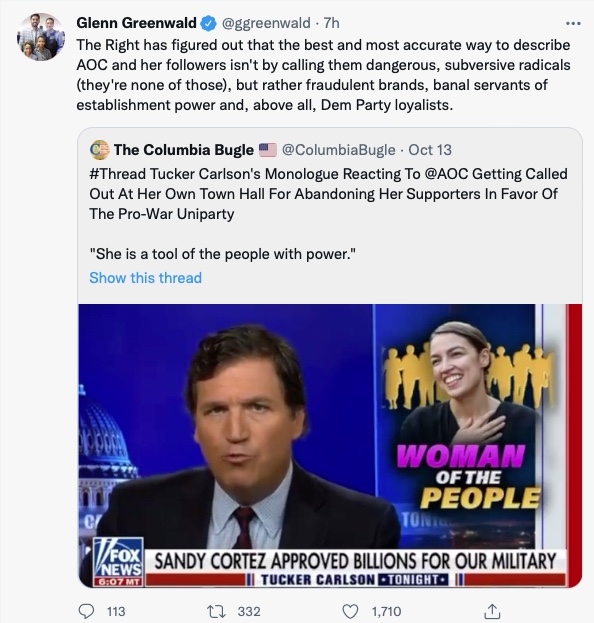Christopher Rufo reports on escalating homelessness in San Francisco. As he reports, the city has tried many approaches, yet nothing seems to be working. It is, indeed, an incredibly complex issue that is taxing experts from many specialties. In his article at Real Clear Investigations, Rufo offers many facts and figures, as well as a concern that the currently favored approach, destigmatizing hopelessness and addiction, leads only to more of the same. Here are two excerpts:
The nexus between homelessness, addiction, and crime is clear: According to city and federal data, virtually all of the unsheltered homeless are unemployed, while at the same time, those with serious addictions spend an average of $1,256 to $1,834 a month on methamphetamine and heroin. With no legitimate source of income, many addicts support their habit through a “hustle,” which can include fraud, prostitution, car break-ins, burglaries of residences and business, and other forms of theft.
Boudin’s plan to decriminalize such property offenses – the mirror opposite of the low-tolerance “broken windows” approach adopted in the late 1980s as crime rates began historic declines – has contributed to the sense that he is not holding criminals accountable. In 2019, the city had an incredible 25,667 “smash-and-grabs,” as thieves sought valuables and other property from cars to sell on the black market. The following year, rather than attempt to prevent or even disincentivize this crime, Boudin has proposed a $1.5 million fund to pay for auto glass repair, arguing that it “will help put money into San Francisco jobs and San Francisco businesses.” In literal terms, Boudin is subsidizing broken windows, under the notion that it can be transformed into a job-creation program.
. . .
The final plank of San Francisco’s policy platform is “destigmatization.” Public health experts in the city have gradually abandoned recovery and sobriety as the ideal outcome, preferring the limited goal of “harm reduction.” In a recent task force report on methamphetamine, the San Francisco Public Health Department noted that meth users “are likely to experience high levels of stigma and rejection in their personal and social lives,” which are “often reinforced by language and media portrayals depicting individuals who use alongside images of immorality, having chaotic lives, and perpetual use.”
On the surface, this is a strange contention. If San Francisco’s perilous trifecta is any guide, methamphetamine use is heavily correlated with chaotic lives, perpetual drug abuse, crimes against others, and various transgressions against traditional morality. The harm reductionists’ argument, however, rests on the belief that addiction is an involuntary brain disease, akin to Alzheimer’s or dementia. In this view, addiction is better seen as a disability, and any stigma associated with it is therefore an act of ignorance and cruelty. According to the Department of Public Health, the goal of harm reduction policy is to reduce this unjustified stigma and focus public policy on “non-abstinence-based residential treatment programs,” “supervised injection services,” “trauma-informed sobering site[s],” and “training for staff on how to engage marginalized or vulnerable communities in ways that do not perpetuate trauma or stigma.”

